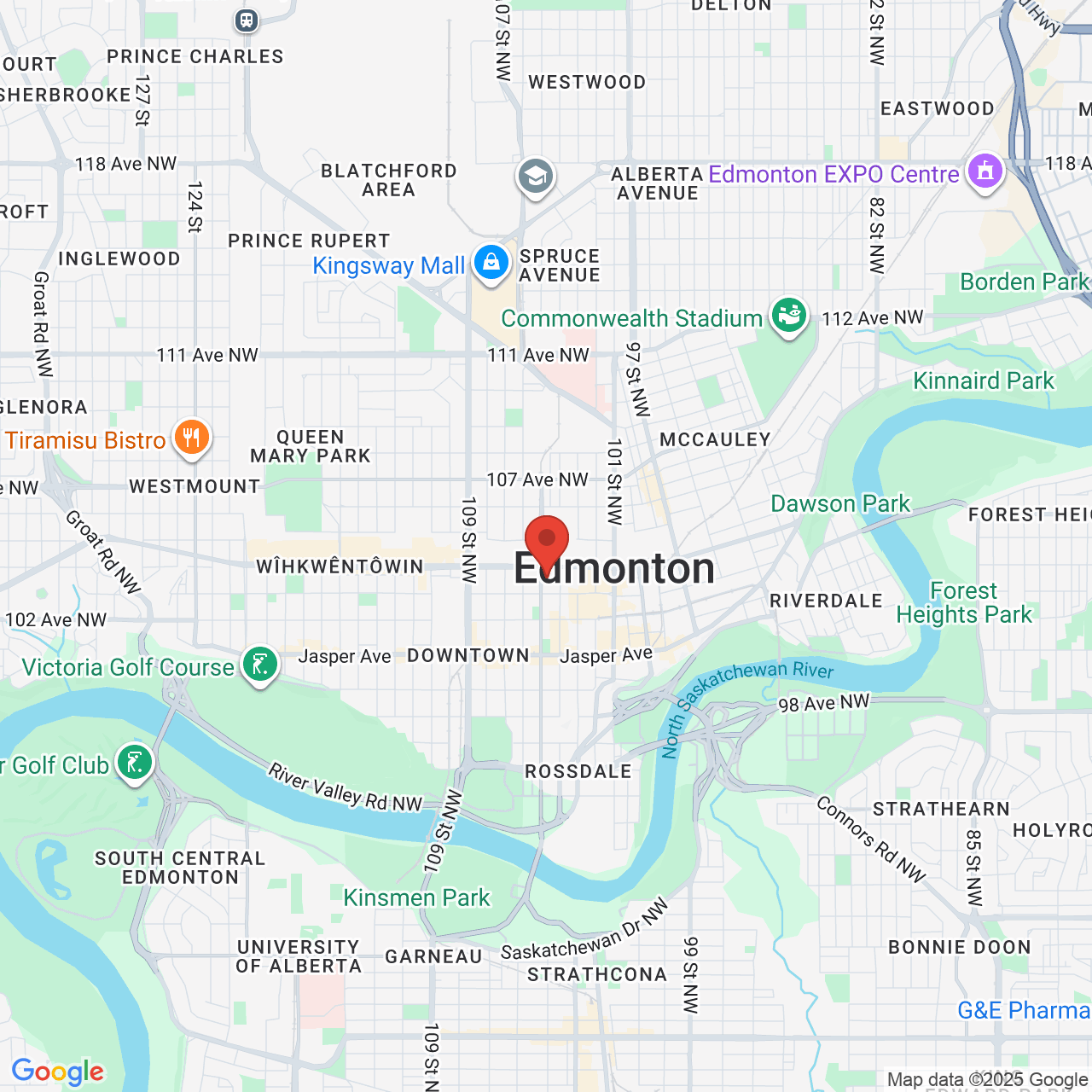TMJ Disorder Pain and Headaches
 The temporomandibular joints, or TMJs, are located on both sides of the jaw near the ear. These joints act as a hinge that slides back and forth to connect the jawbone to the skull. The TMJ allows the jaw to perform side to side and up and down motions. As a result, patients can chew and talk comfortably.
The temporomandibular joints, or TMJs, are located on both sides of the jaw near the ear. These joints act as a hinge that slides back and forth to connect the jawbone to the skull. The TMJ allows the jaw to perform side to side and up and down motions. As a result, patients can chew and talk comfortably.
When the muscles around the jaw joints become inflamed, it can lead to TMJ disorder pain and headaches. Patients who develop these symptoms should visit our Edmonton, AB, practice as soon as possible. Dentist Nathaniel Podilsky can perform a comprehensive evaluation to determine the cause of the condition. From there, he can develop a personalized plan to help alleviate pain and discomfort.
What Is TMJ Disorder?
TMJ disorder occurs when there are issues with the joint and any of the connecting muscles. In many cases, it can be difficult for the doctor to pinpoint the exact cause of the condition. However, jaw injuries, heredity, arthritis, and grinding the teeth can lead to the development of the disorder.
TMJ dysfunction can trigger an array of symptoms. Some of the most common include:
- Tenderness, discomfort, and pain in the jaw
- Pain around the ear
- Headaches
- Facial pain
- Pain while chewing
- Difficulty moving the jaw
- Popping or clicking when opening or closing the mouth
During an appointment, your doctor will physically palpate your joints and check for abnormal sounds, such as clicking or popping. After going over your symptoms, your dentist can review your medical history to determine the source of your pain.
How Does TMJ Disorder Cause Headaches?
For many patients, it is difficult to distinguish between a regular headache and one caused by TMJ disorder. When the jaw muscles become tense, pain can radiate from the cheeks to the top and sides of the head. These headaches can occur in one or multiple regions of the face and head. If your headaches are accompanied by facial pain, earaches, or jaw stiffness, TMJ disorder could be the source. Of course, the surefire way to determine the exact cause of your pain is to have a consultation with Dr. Podilsky.
When Should I Seek Treatment?
Patients should seek treatment in our Edmonton office as soon as they notice that TMJ pain and headaches become severe or when symptoms have persisted for several days. Individuals should also contact our practice when they have problems opening and closing their mouth, difficulty chewing, or the inability to yawn.
What Treatment Options Are Available?
For less severe pain and headaches, your dentist might recommend over-the-counter pain relievers. If those medications are not strong enough, the doctor can provide a prescription for something more potent. When teeth grinding is the cause of your TMJ pain, the dentist can create a customized oral splint.
Individuals with more severe cases of TMJ disorder might need orthodontics like braces to properly align their teeth. When teeth are shifted into the appropriate position, this can lessen wear and tear on the teeth and jaws. Some patients find relief from BOTOX injections, which help alleviate pain and any swelling. There are also several minimally invasive procedures to resolve TMJ disorder that your dentist can discuss with you.
Schedule a Consultation
If you are suffering from TMJ disorder pain and headaches, please contact our office for a consultation. Patients can give us a call at (780) 428-6846 or contact us online for more information.


